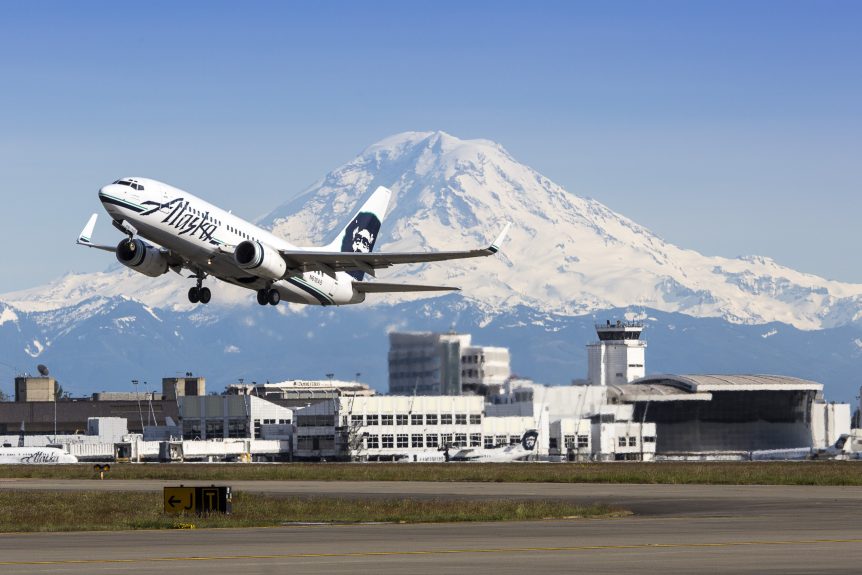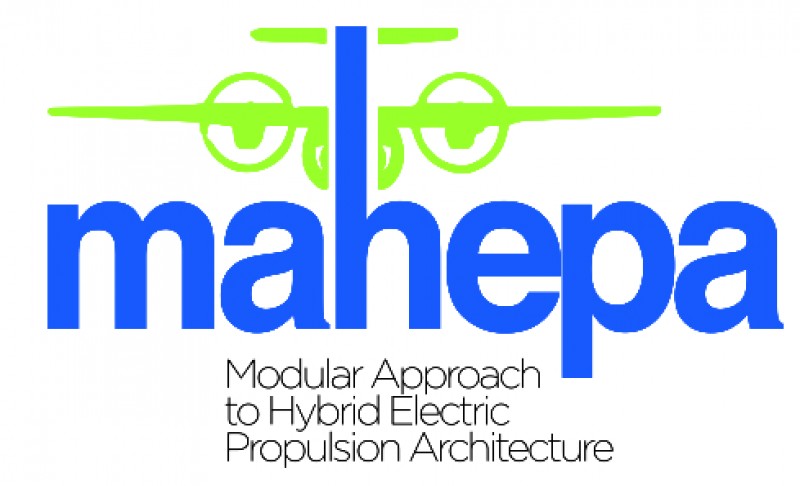We’ve looked at an array of different biofuel sources ranging from used cooking oil and algae to farm and municipal waste. This is essential as the percentage of airline emissions becomes a bigger part of our overall greenhouse gas situation. The Guardian reports, “A 2017 estimate said air travel accounted for 2.5% of all carbon dioxide emissions, with the total emissions expected to quadruple by 2050.”We’ll look here at how some of the early efforts have panned out and examine a late-breaking surprise or two. Mustard Seeds? According to the Guardian, “A Qantas plane powered partly by mustard seeds has become the world’s first biofuel flight between Australia and the United States, after landing in Melbourne on [January 30, 2018].” A major test, the 15-hour flight used a blended fuel 10-percent of which came from the brassica carinata, a mustard seed used as a fallow crop between regular crop cycles. Qantas’ Boeing Dreamliner 787-9 “Reduced carbon emissions by 7 percent …
MAHEPA, Modularizing the Approach to Clean Flight
Pipistrel, itself flying pure electric and hybrid aircraft, has announced its participation in MAHEPA, a Modular Approach to Hybrid-Electric Propulsion Architecture. MAHEPA aims to,” reduce the gap between research and the production of low-emission propulsion technologies that would enable the achievement of environmental objectives in the field of aviation by 2050.” Mahepa’s first meeting, held May 15 and 16 at Pipistrel’s headquarters at Ajdovscina (Slovenia), helped define the direction for a major academic/industry project. Led by the aircraft manufacturer, in cooperation with Compact Dynamics, DLR (Germany’s equivalent of NASA), the University of Ulm, H2Fly, Politecnico di Milano, TU Delft and University of Maribor, project goals are impressive. – “To boost research in the field of low emission propulsion technology to open up possibilities for series production of greener airplanes in order to support European environmental goals in aviation.” This will result in “novel, modular and scalable hybrid-electric powertrains capable of running on alternative fuels or on hydrogen with zero emissions.” …


